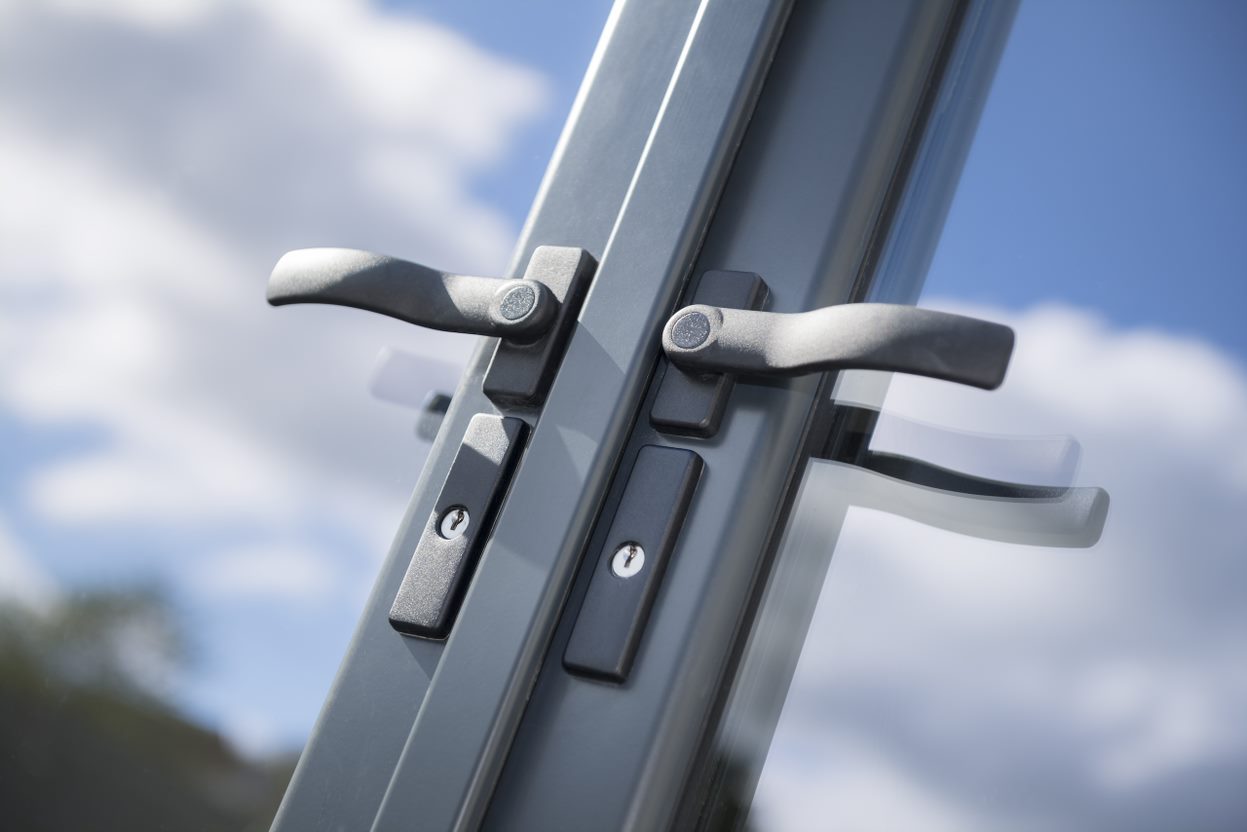Think You're Perfect For Doing Door Knobs Repair? Do This Test
페이지 정보

본문
The Comprehensive Guide to Door Knob Repair: Keeping Your Home Secure and Functional
Door knobs, frequently considered given, are important components of home availability, security, and privacy. When they malfunction, it can result in disappointment and trouble, as well as possible security dangers. This helpful post explores the common issues that can happen with door knobs, guidelines on how to repair them, and the tools you may require for the job.
Comprehending Door Knob Functionality
Before diving into repair treatments, it is rewarding to comprehend how a door knob runs. A basic door knob includes a number of components:
- Knob or Handle: The part you grip to open the door.
- Latch: A mechanism that protects the door when closed.
- Spindle: A rod that connects both knobs and permits them to turn.
- Strike Plate: The metal plate on the door frame where the lock rests when the door is closed.
Comprehending these parts helps in diagnosing common issues that might emerge.
Common Door Knob Issues
Door knobs can encounter a variety of problems. Here are some common issues house owners might deal with:

- Stuck or Jammed Door Knob: Difficulty turning the knob or it remains in a fixed position.
- Loose Knob: The knob feels unsteady or separated.
- Key Won't Turn: In the case of keyed knobs, the key might become stuck or refuse to turn, avoiding gain access to.
- Lock Issues: The latch may fail to pull back or extend, making it difficult to close or secure the door.
- Rust or Corrosion: Metal components may corrode, especially in areas with high humidity.
Tools and Materials Required for Repair
Before beginning any repair process, it's necessary to have the right tools on hand. Here's a list of typically needed tools and products:
- Screwdriver (flathead and Phillips)
- Wrench
- Lube (like WD-40 or silicone spray)
- Replacement parts (knob, latch, spindle, etc)
- Cleaning cloth
- Safety glasses
Step-by-Step Repair Process
1. Detecting the Problem
Begin by taking a look at the door knob to recognize the specific concern. Is the knob loose? Is it stuck? Or is it providing you trouble when utilizing the key? Evaluating the problem will inform the needed actions you require to take.

2. Get Rid Of the Door Knob
For a lot of issues, you will require to get rid of the door knob:
- Find the screws that hold the knob in location. They are typically located on the side of the knob or on the plate.
- Utilize the appropriate screwdriver to get rid of the screws.
- When unscrewed, pull the knob apart carefully, revealing the connecting parts.
3. Check for Damage
After removing the knob, examine all elements for wear and tear. Search for:
- Loose or used screws
- A damaged spindle
- A malfunctioning latch mechanism
If any piece is harmed beyond repair, it may require changing.
4. Repair the Components
Depending on your diagnosis, take the following actions:
- For a Stuck Knob: Clean the knob and latch mechanism with a cloth to get rid of any particles. Apply a lube to the moving parts.
- For a Loose Knob: Tighten the screws that hold the knob in place. If they are removed, think about replacing the screws or using toothpicks to strengthen the holes.
- For Key Issues: Lubricate the keyhole, and gently wiggle the secret to release it up. If the secret is harmed, a duplicate might be essential or you may require to replace the whole lock mechanism.
5. Reassemble the Knob
After finishing the necessary repairs, reassemble the knob:
- Align the knobs or handles together.
- Secure them with screws, making certain they are tightened properly.
- Place the lock mechanism back into the door, if eliminated.
6. Check the Door Knob
After assembly, test the door handle carpenter knob to guarantee it runs efficiently. Inspect that it locks and opens effectively, and ensure the lock extends and withdraws fully.
Maintaining Your Door Knob
Preventative maintenance is key to extending the life expectancy of your door knob. Here are some tips to think about:
- Regularly apply lube to moving parts.
- Clean knobs with mild soapy water to remove grime.
- Inspect knobs occasionally for indications of wear.
Door knob repair may appear overwhelming, however it is a manageable task with the right tools and instructions. By familiarizing oneself with how door knobs work and understanding how to troubleshoot common issues, property owners can conserve time and money while guaranteeing their doors remain functional and secure. When in doubt or in cases of complex lock systems, seeking advice from a professional is constantly a good idea.
Frequently Asked Questions About Door Knob Repair
Q1: How often should I lubricate my door knobs?
A: It is recommended to oil your door knobs at least when or two times a year to guarantee they run efficiently.
Q2: What should I do if my secret is stuck in the door lock?
A: Do not force the key! Rather, attempt gently wiggling it while using some lube. If that doesn't work, it may be time to consult a locksmith.
Q3: Can I repair a broken door knob without replacing it?
A: Many minor issues can be repaired with easy modifications or replacements of small parts. Nevertheless, if there is significant damage, replacing the knob might be necessary.
Q4: When should I call a professional for door knob repair?
A: If you're not comfortable with the repair process, or if the breakdown includes a complicated locking mechanism, it's best to call a locksmith or a professional handyman.
Using this guide, property owners can confidently approach door knob repair, maintaining a secure and functional entryway in their homes.
- 이전글양자역학의늦은가을 25.06.30
- 다음글Seven Ways Facebook Destroyed My Top Ten Poker Sites Without Me Noticing 25.06.30
댓글목록
등록된 댓글이 없습니다.

